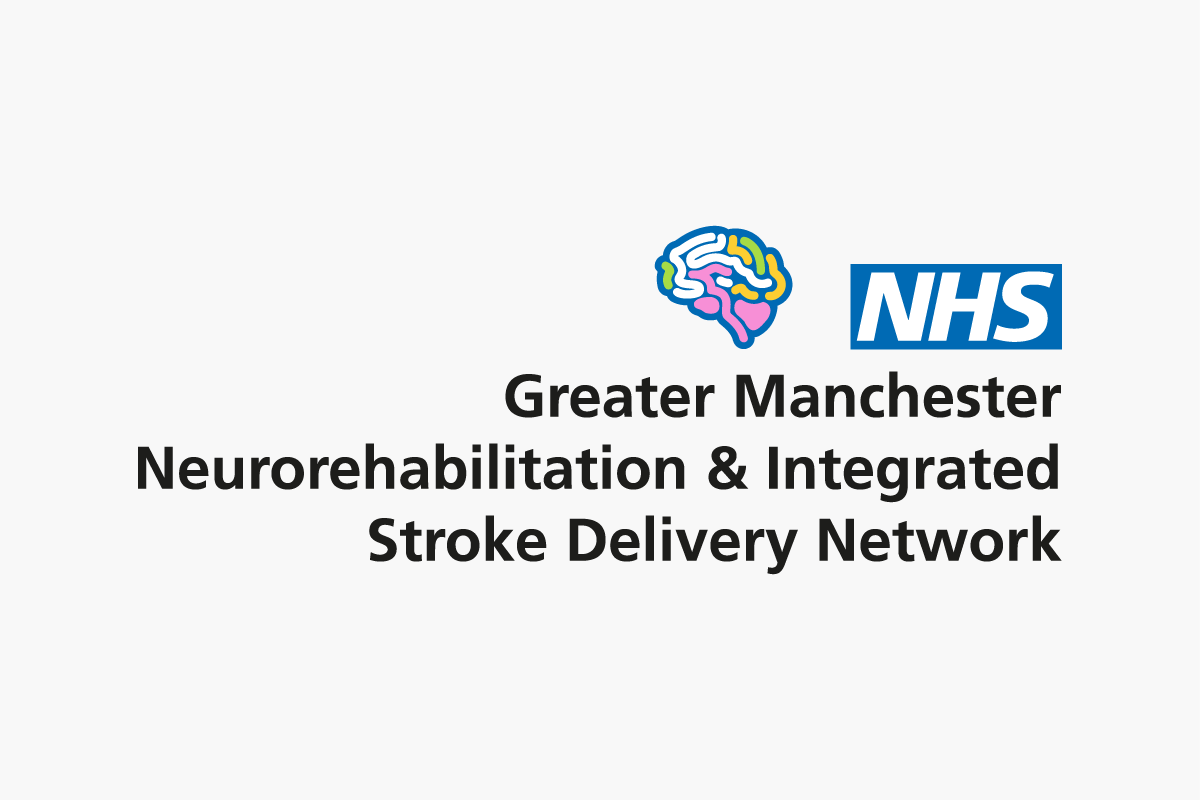The region is served by 9 stroke units that provide different levels of care. Ambulances will always take a suspected stroke patient to the nearest Hyper Acute Stroke Unit (HASU) that is open.
Salford Royal Hospital is our largest HASU that treats acute stroke patients 24/7 from a catchment area of Bolton, Central Manchester, Salford, Trafford and Wigan. It also treats patients from all of Greater Manchester including Eastern Cheshire overnight as the other two HASUs are closed.
Fairfield General Hospital is a HASU that treats patients 6.45am-10.45pm from Bury, North Manchester, Oldham and Rochdale. Out of hours, acute patients from these areas go to Salford Royal Hospital. Stepping Hill Hospital treats patients between 6.45am-10.45pm from Macclesfield, South Manchester, Stockport and Tameside. Again, out of hours patients in these areas go to Salford Royal Hospital.
All three HASUs are also District Stroke Centres providing rehabilitation care for their own residents.
There are six District Stroke Centres (DSCs): Manchester Royal Infirmary, Royal Albert Edward Infirmary, Royal Bolton Hospital, Tameside General Hospital, Trafford General Hospital and Wythenshawe Hospital.
These are stroke units in local hospitals that do not provide hyper acute stroke care. DSCs provide rehabilitation care although in a small proportion of cases they may provide acute care to patients not eligible for to go to a HASU (due to being medically unstable, late onset presentation, FAST negative or an inpatient stroke).
In October 2016, Macclesfield District General Hospital closed its stroke unit and most Eastern Cheshire patients are now treated at Stepping Hill Hospital for all their hospital care (some residents in the southern part of the county may be taken to Stoke for similar care).
Hyper Acute Stroke Units
- Salford Royal Hospital (blue)
- Fairfield General and Stepping Hill Hospitals (purple)
District Stroke Centres (teal)
- Manchester Royal Infirmary
- Royal Albert Edward Infirmary
- Royal Bolton Hospital
- Tameside General Hospital
- Trafford General Hospital
- Wythenshawe Hospital
ADMISSION TO HOSPITAL
Evidence shows patients with suspected acute stroke do better when they:
- are assessed by a stroke team on arrival
- receive a CT brain scan urgently within 1 hour of hospital admission
- are admitted directly to a stroke unit within 4 hours
TREATMENT OF STROKE
Time is brain in stroke – 1.9 million neurons die every minute a stroke is untreated
Thrombolysis dissolves blood clots and is licensed up to 4.5 hours after onset of symptoms in the UK
It is only delivered at our three HASUs
Only around 15% of stroke patients assessed will be eligible for thrombolysis
We are planning a regional thrombectomy service that will provide mechanical clot retrieval across the region,
due for roll out in April 2018.
THROMBOLYSIS
Patients are assessed by a HASU specialist stroke team for suitability for thrombolysis, this usually is done in the Emergency Department as thrombolysis provides the greatest benefit when it is given early.
Aspirin should not be given in the acute stroke phase to anyone who may be suitable for thrombolysis.
There is a 2-13% chance of bleed following thrombolysis, 1 in 5 people show significant improvement following thrombolysis, with 1 in 4 showing moderate improvement and 30% may show no improvement at all.
TRANSIENT ISCHAEMIC ATTACK (TIA)
The World Health Organisation defines a Transient Ischaemic Attack as a sudden, focal dysfunction (rarely global), vascular origin, lasting <24 hours
It is a brief episode of neurological dysfunction resulting from focal temporary cerebral ischaemia
It is not associated with cerebral infarction and it increases the risk of having a stroke
TIA MANAGEMENT
All patients whose symptoms resolve within 24 hours should be given aspirin 300mg unless intolerant/contraindicated, in which case the 300mg loading dose of clopidogrel can be given followed by clopidogrel daily at 75mg. In patients unable to tolerate clopidogrel, aspirin 75mg daily and dipyridamole 200mg bd should be used. If patients are intolerant to both aspirin and clopidogrel, dipyridamole 200mg bd may be used as a single agent. The clinical situation will guide which combinations of antiplatelet agents are thought necessary.
In 2016, the RCP national clinical guideline for stroke changed to recommend all patients be assessed within 24 hours of onset of symptoms, regardless of their risk and NICE are also likely to amend their guidance soon.
Many Greater Manchester stroke units are not currently able to offer TIA assessment within 24 hours although work is underway to develop a regional service at weekends. You can find out more about TIA services in Greater Manchester here.
The ABCD2 score can be used to stratify risk.
Carotid imaging will be taken by a Doppler.
Brain imaging should be performed in selected patients only.
People who have had a TIA should be treated for secondary prevention in the same way as those who have had a stroke, namely:
- Blood pressure control
- Statins
- Smoking cessation advice
- Anticoagulation for Atrial Fibrillation

